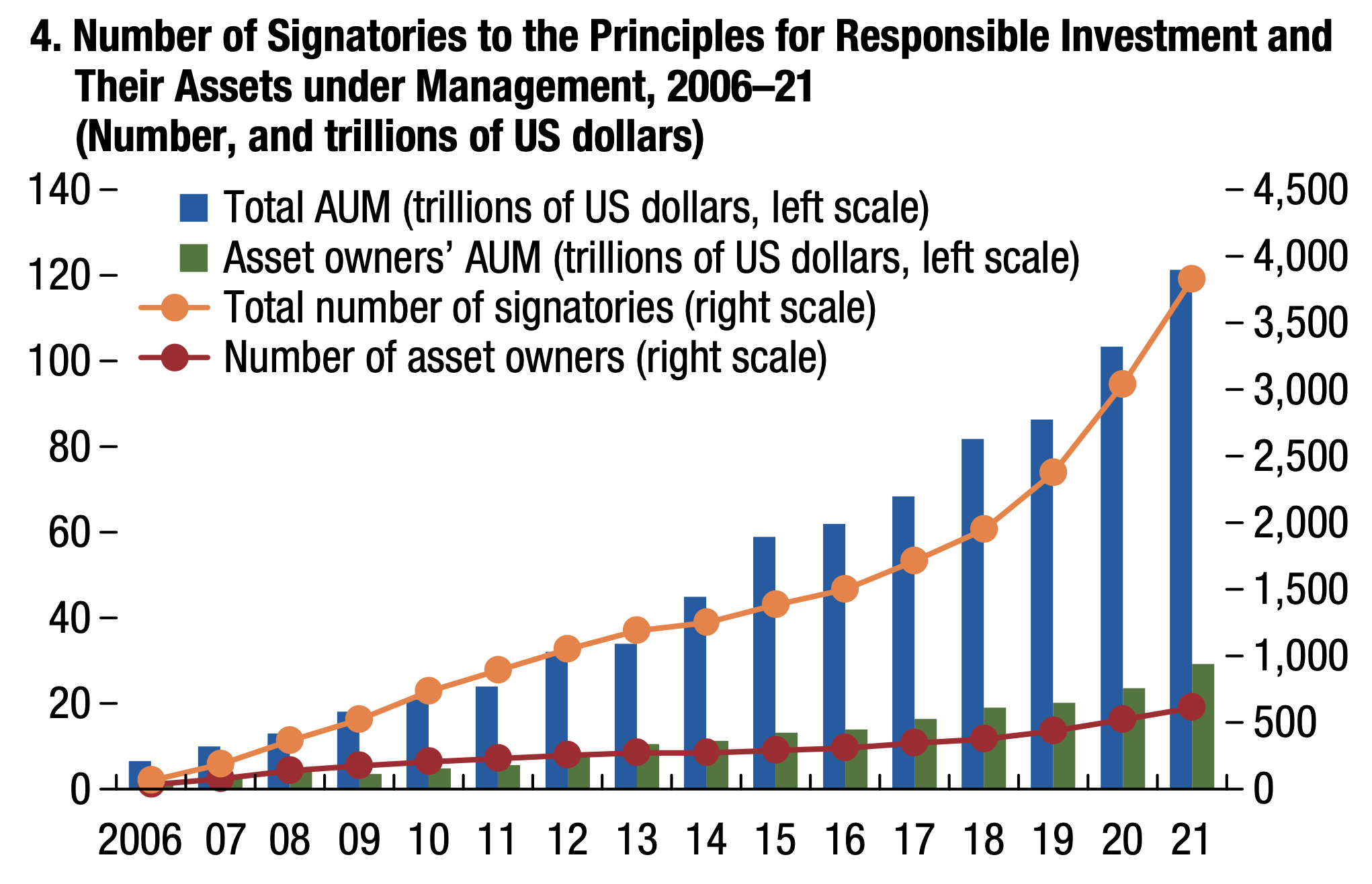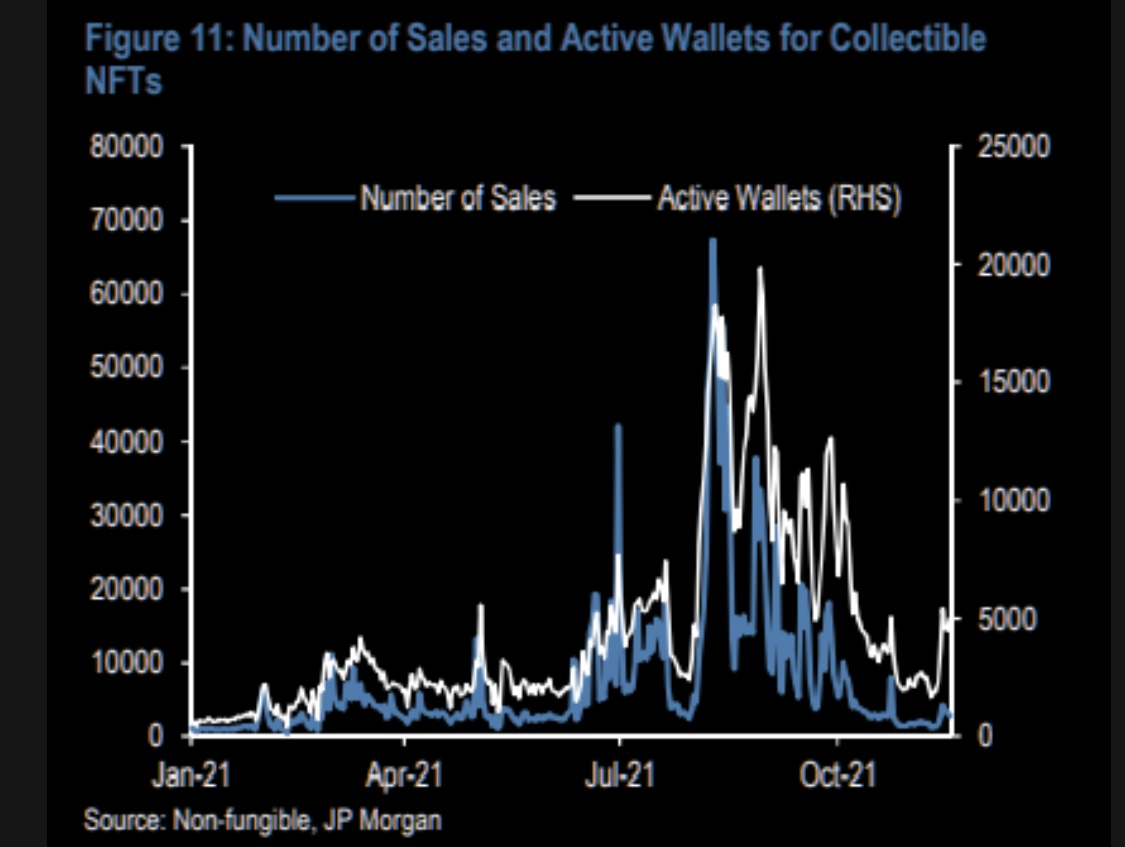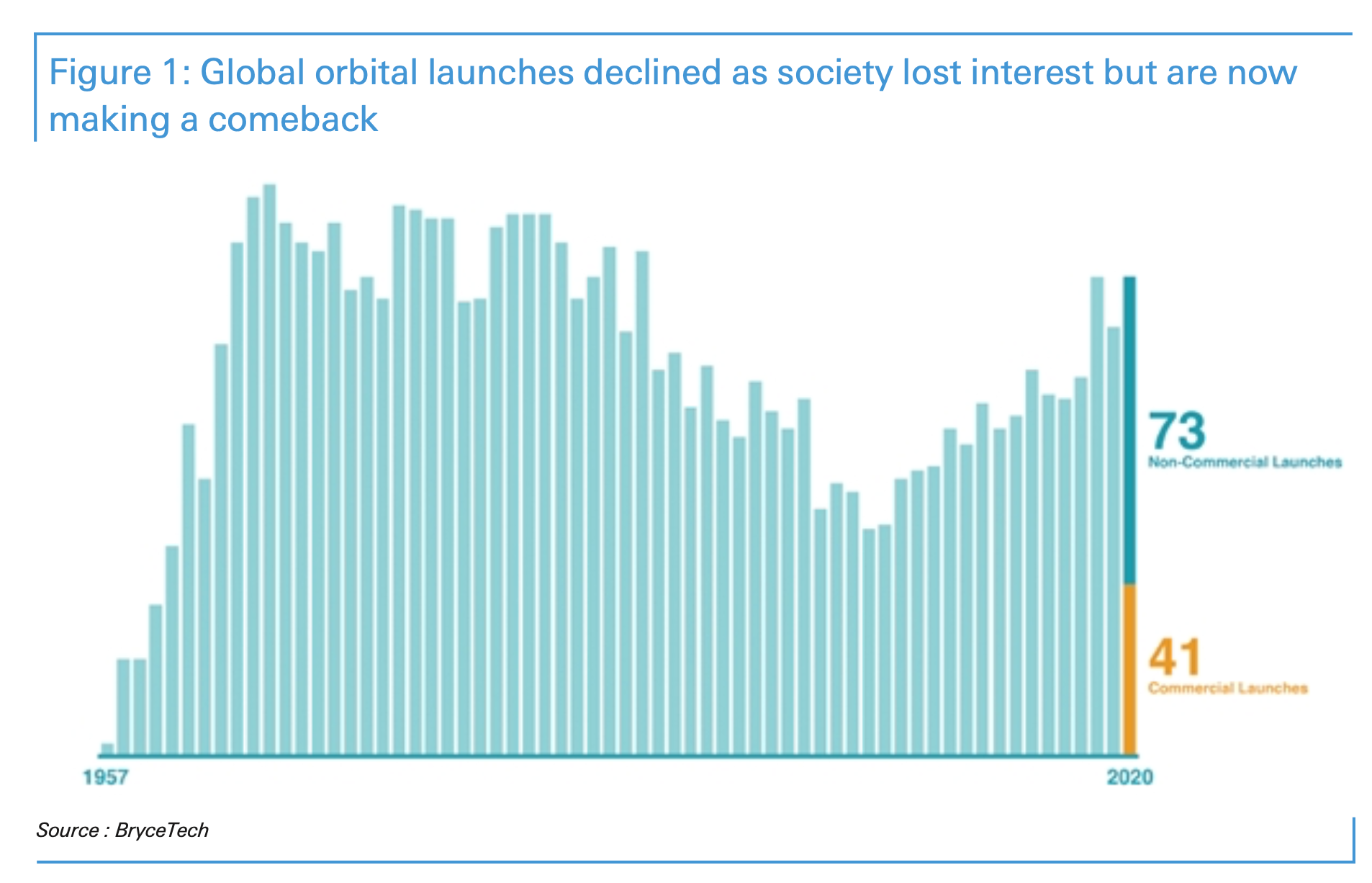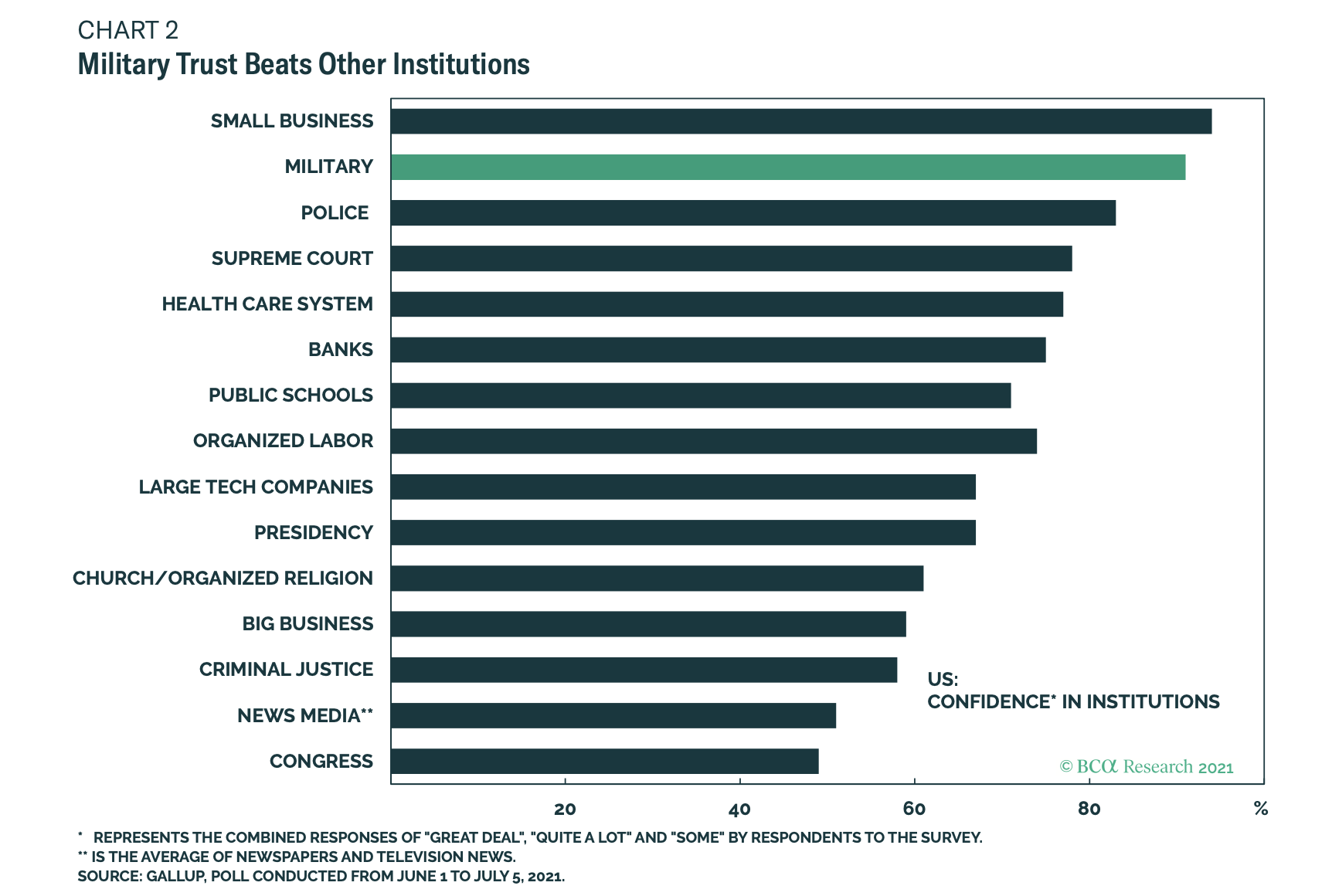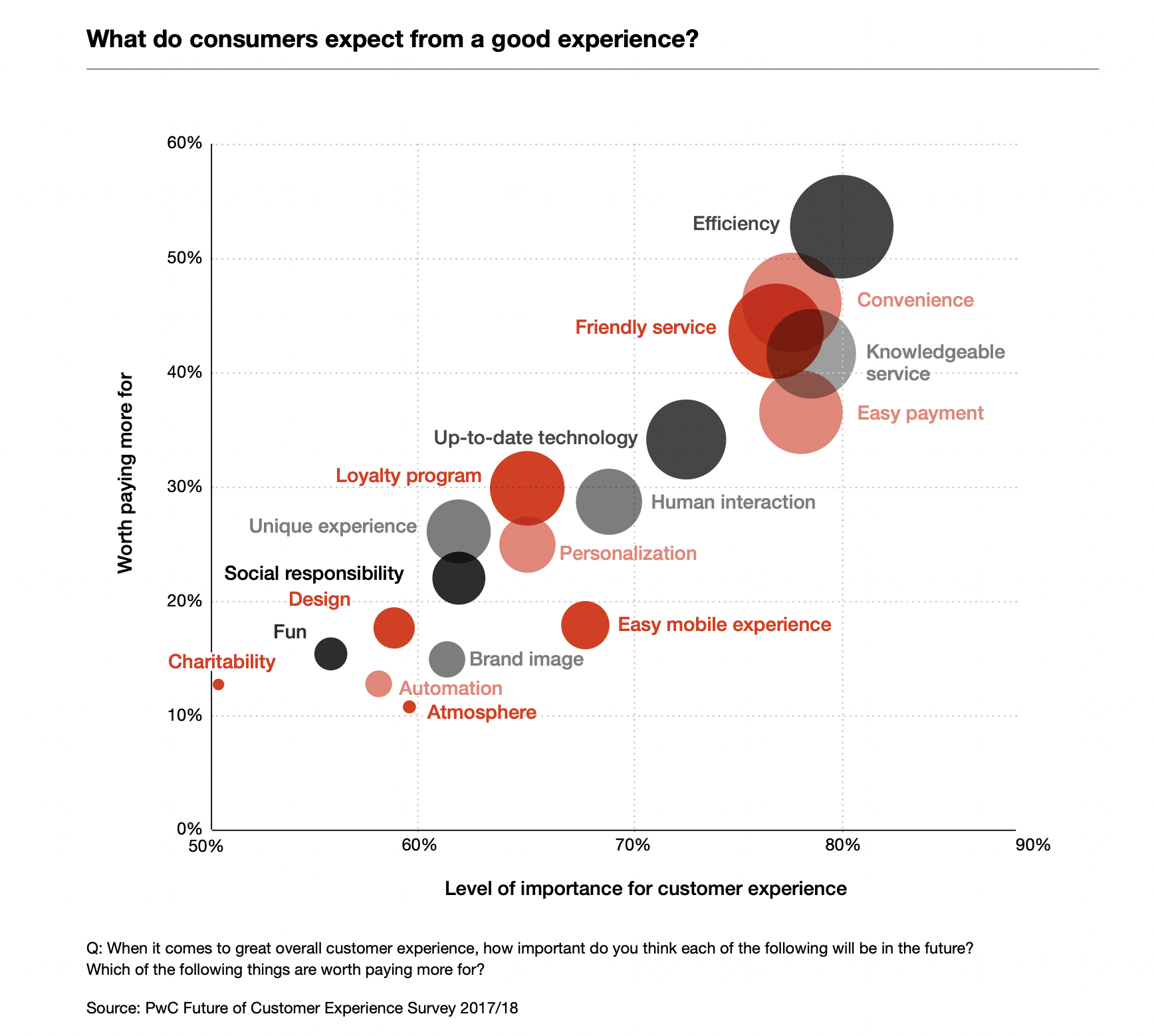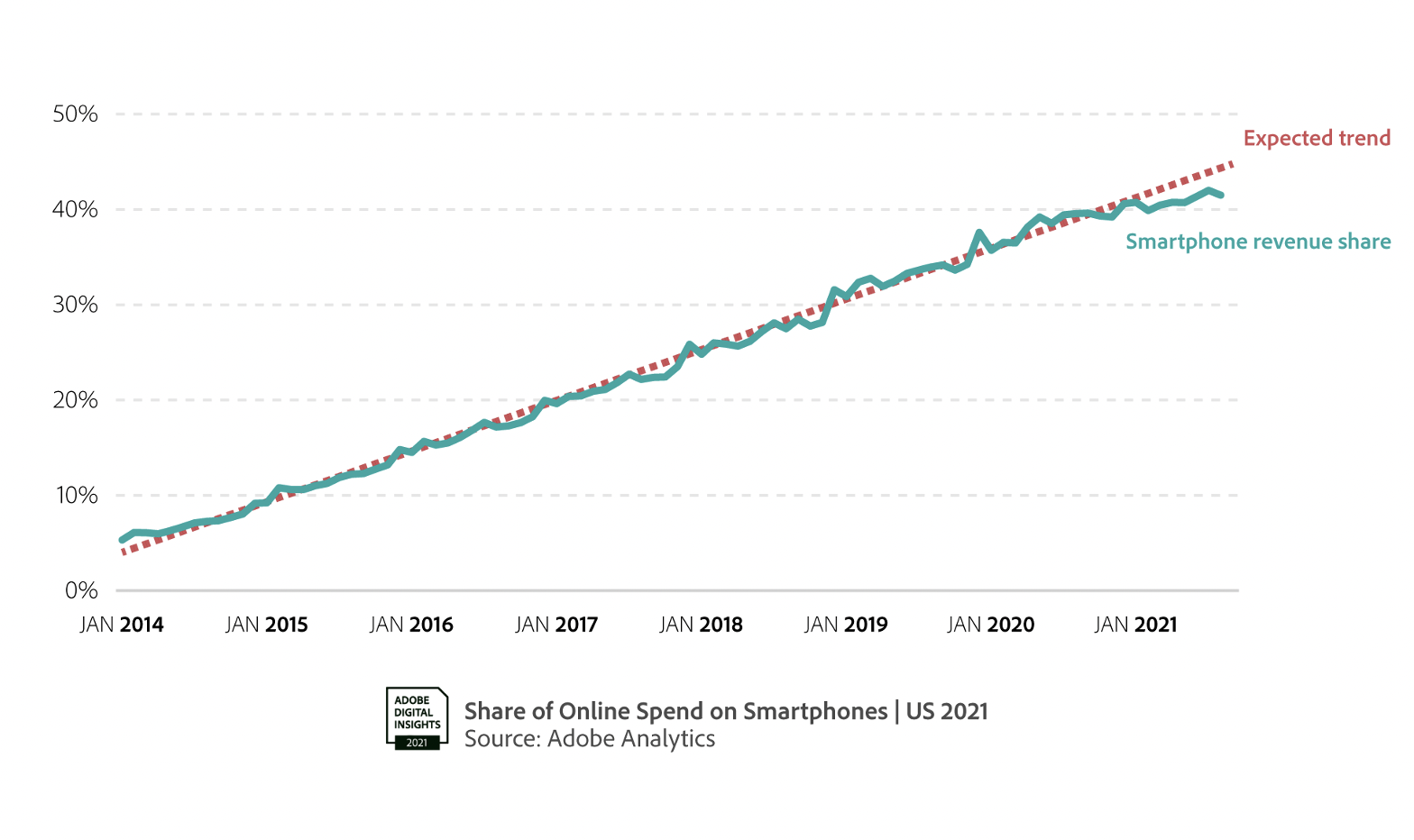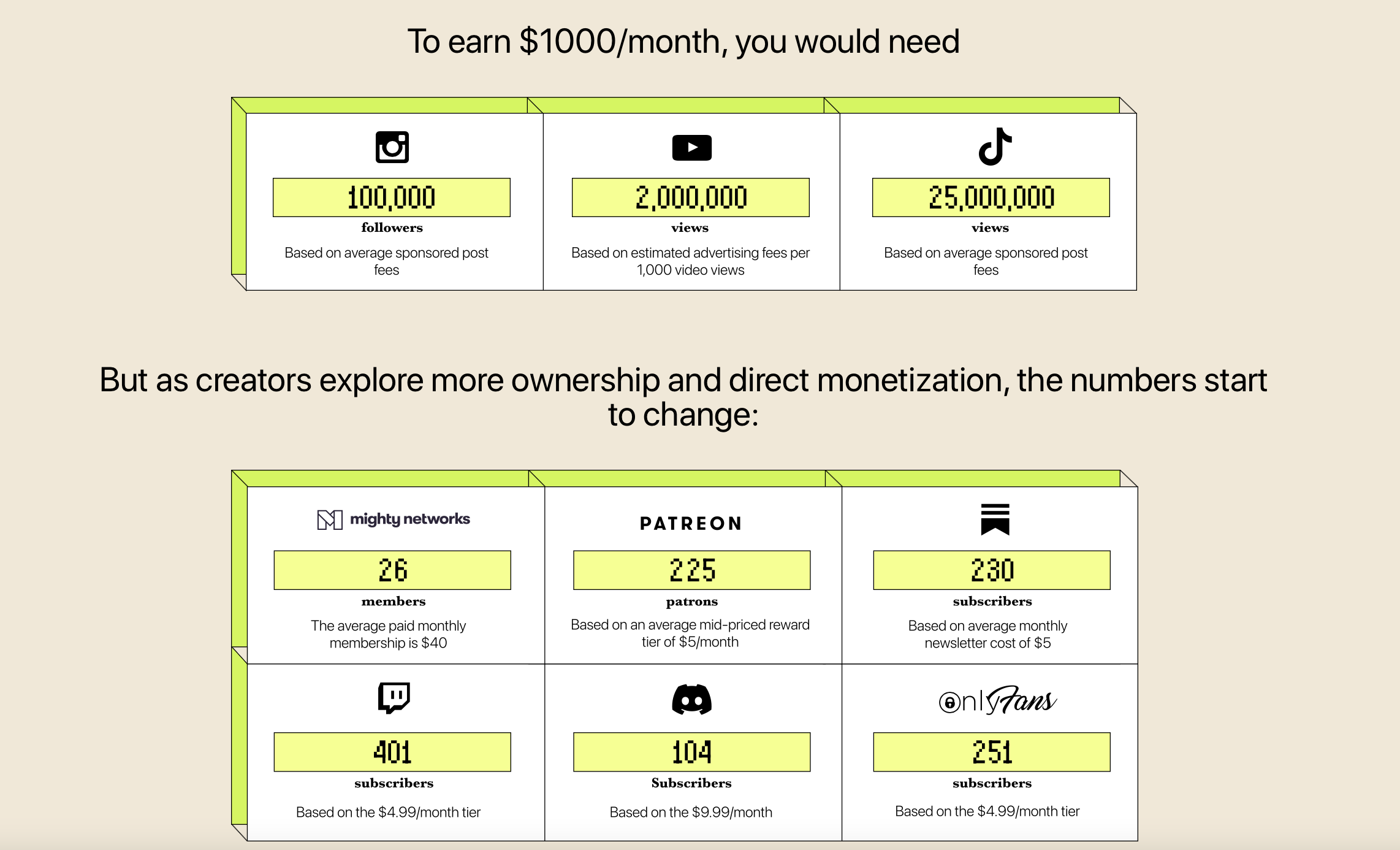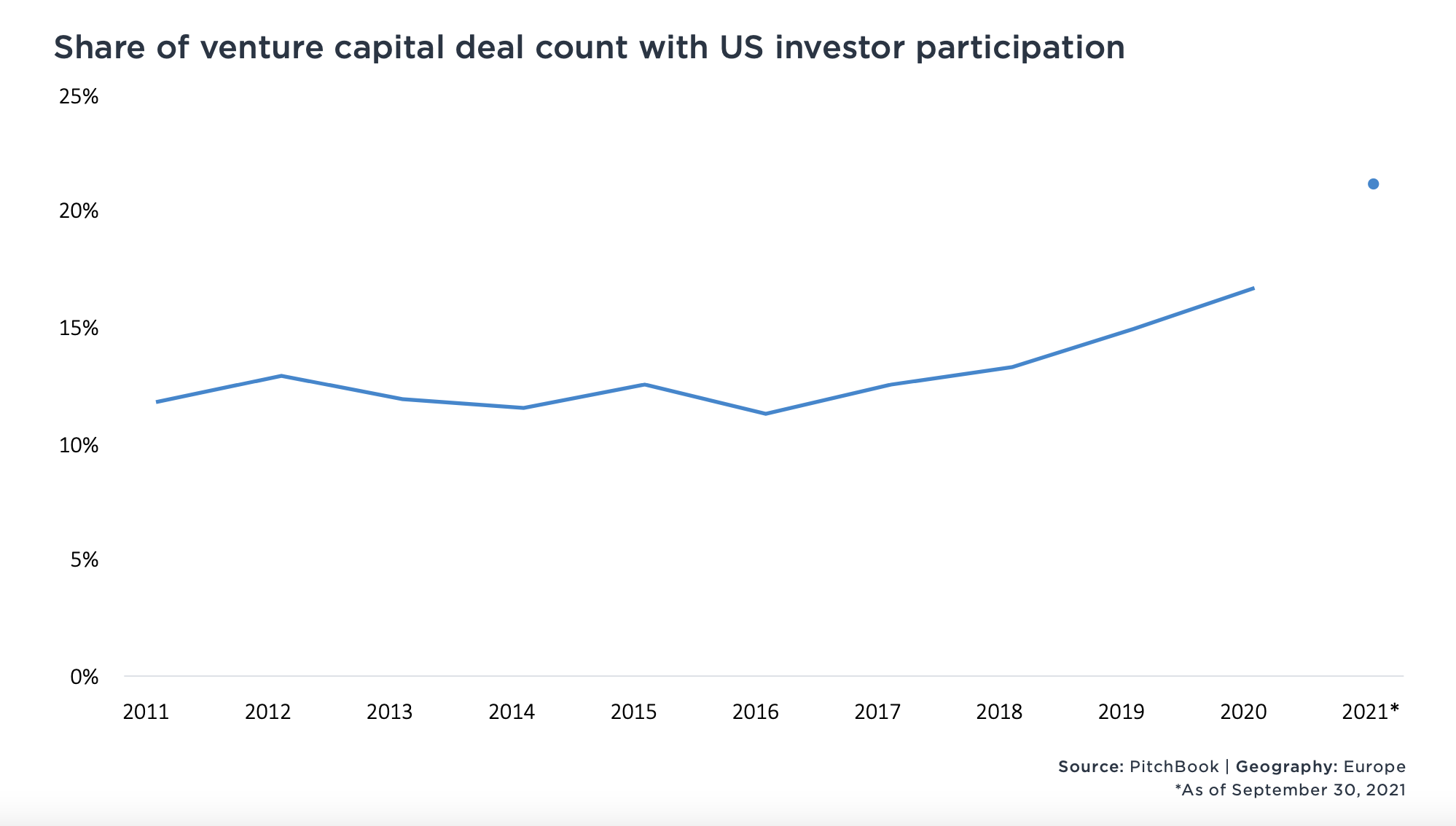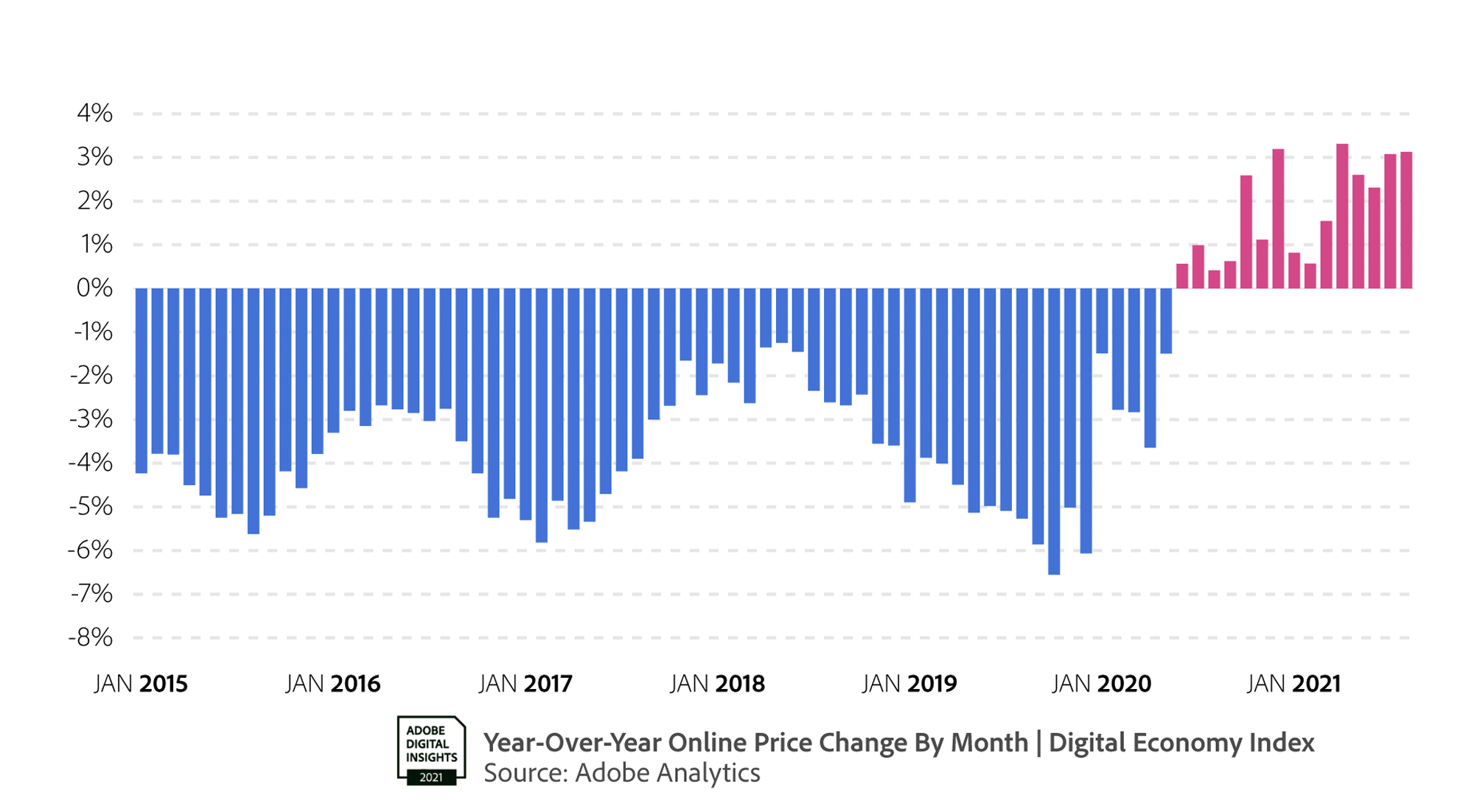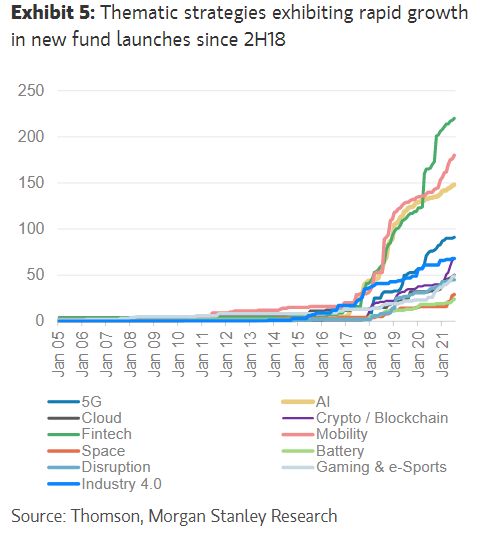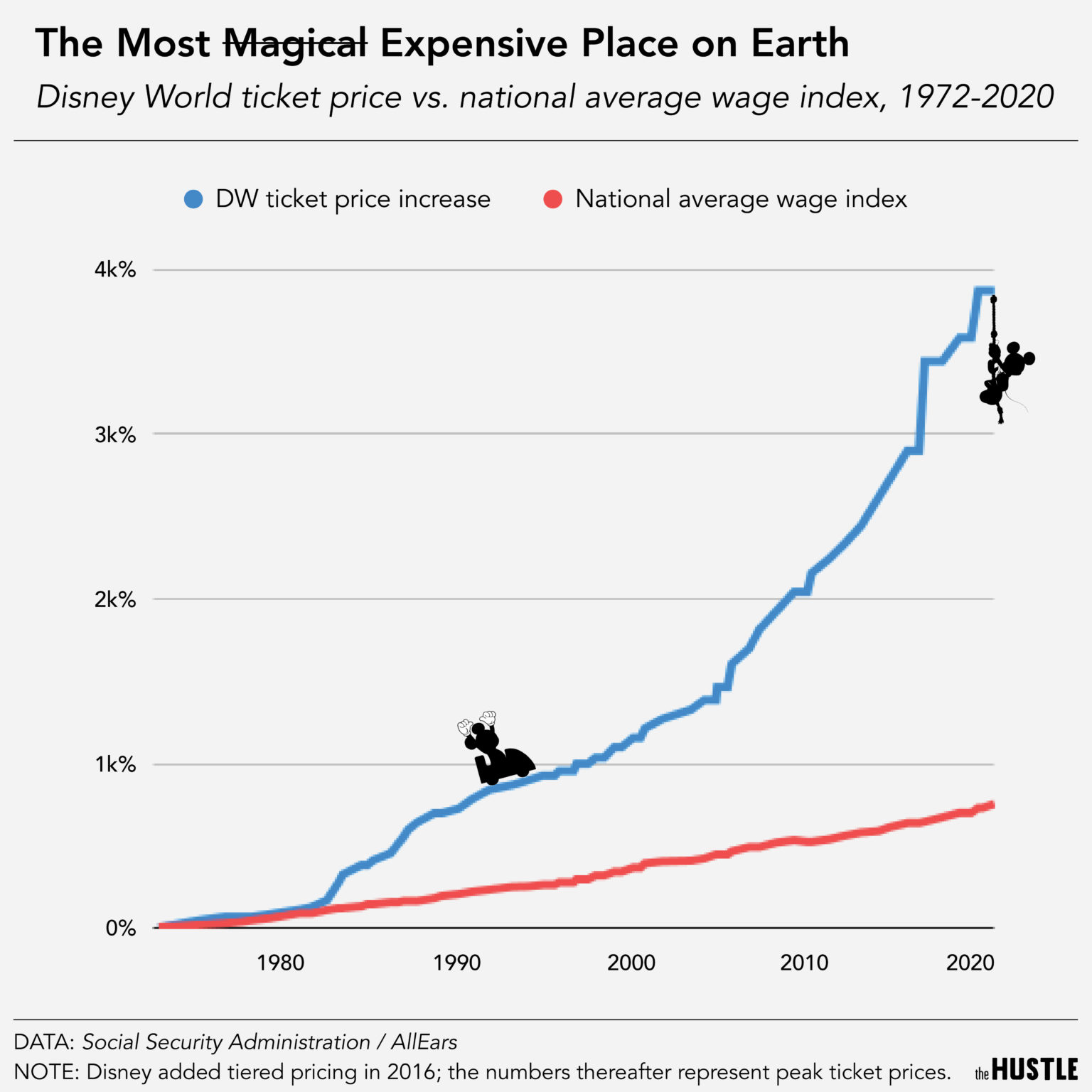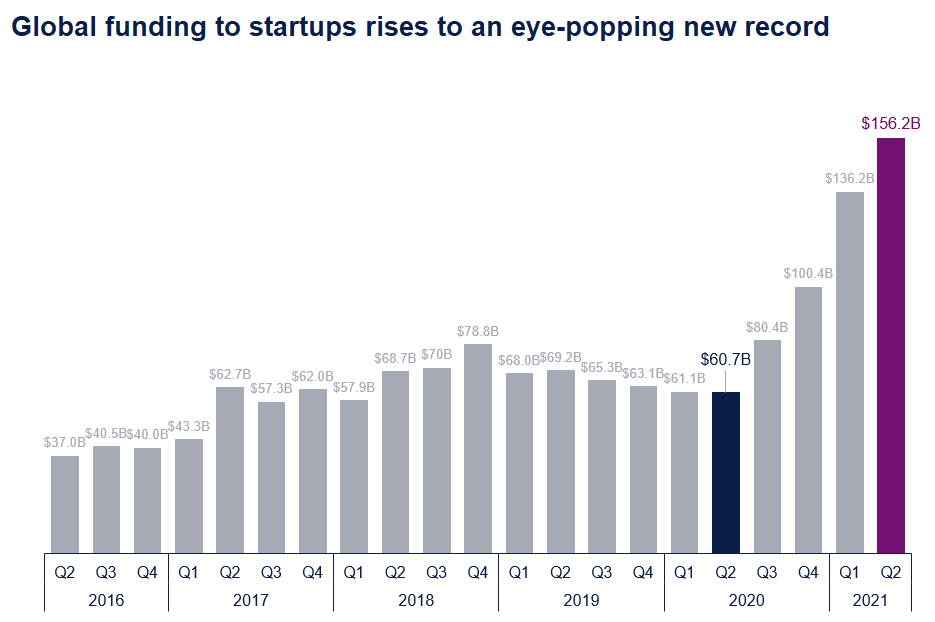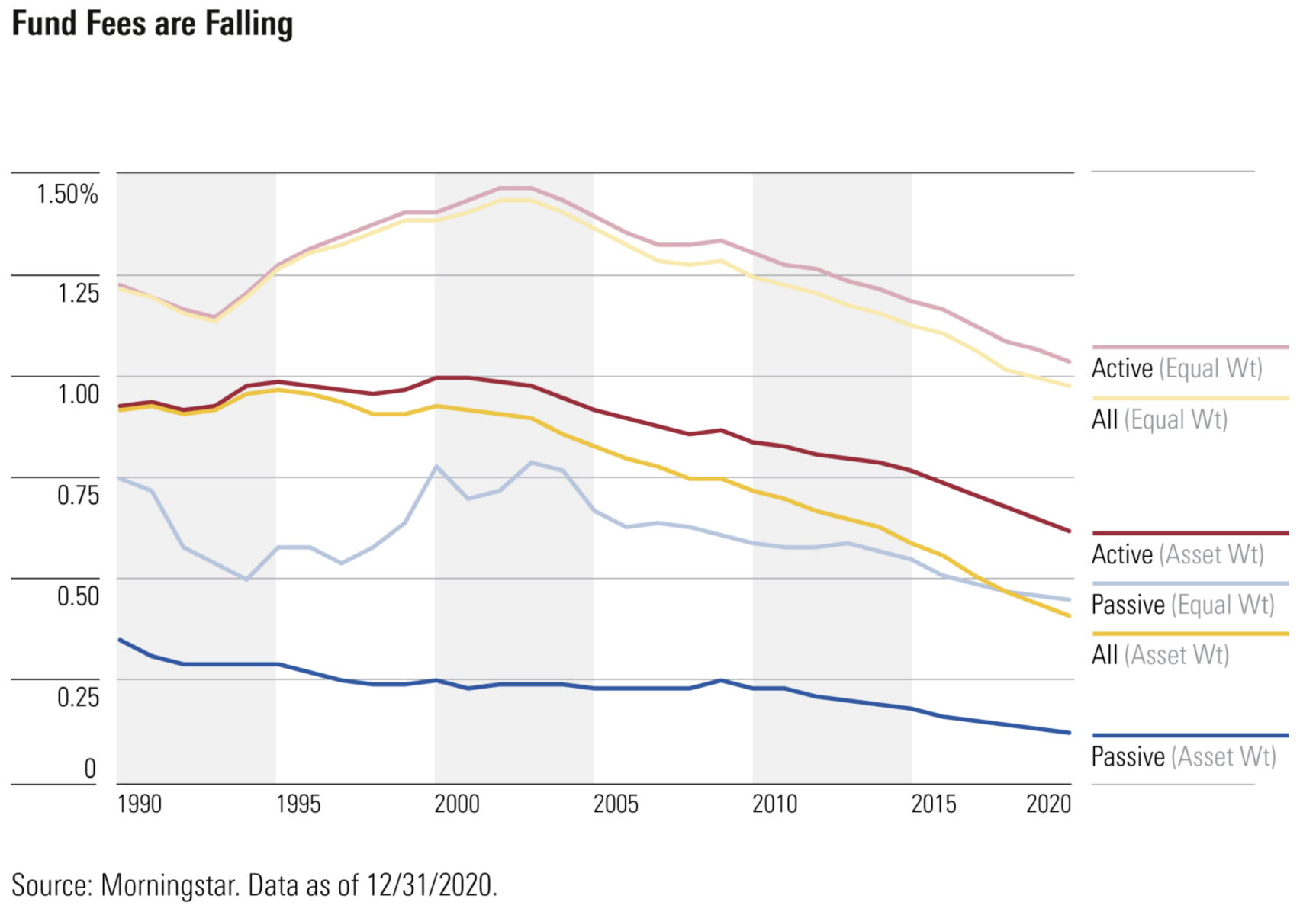- COBOL is the programming language that underpins the entire financial system.
- “Over 80% of in-person transactions at U.S. financial institutions use COBOL. Fully 95% of the time you swipe your bank card, there’s COBOL running somewhere in the background.“
- “The second most valuable asset in the United States — after oil — is the 240 billion lines of COBOL”
- The language is old (from the 1960s) and runs on huge machines (mainframes), yet it is extremely suited to the task of processing billions of transactions very fast.
- A fascinating read.
Misc
Miscellaneous is often where the gems are.
UNPRI
- “The number of asset managers and asset owners that are signatories to the Principles for Responsible Investment – thereby committing to incorporate environmental, social, and governance considerations into investment analysis and decision-making processes – more than doubled from about 1,400 in 2015 to more than 3,000 in 2020“
- Source: IMF.
NFT Volumes
- NFTs see huge bouts of popularity and spikes in volumes.
- But so far these volumes have not seen sustained growth.
- h/t themarketear.
Carbon Tax
- 70% of American’s including 50% of Republicans support a carbon tax.
European Cloud (update)
- Two years ago we posted about Europe’s attempt to challenge US tech dominance in cloud computing.
- Predictably it has struggled.
- “In conversations with POLITICO, more than a dozen industry and government officials involved with the work of Gaia-X said the project was struggling to get off the ground amid infighting between corporate members, disagreement over its overall aims and a bloated bureaucratic structure that is delaying decisions. One industry official closely involved in the work of Gaia-X called it a “mess.”“
Peter Thiel
- Intriguing review of latest book on the Silicon Valley legend.
- The book “does an excellent job of unpicking the disparate elements of the Thiel mythology”
- From trying to get out of his early Facebook investment as fast as he could, including trying to convince Zuckerberg to sell to Yahoo for $1bn.
- To his failed anti-college scholarships.
- Absolutely worth a read.
Collecting is Dead
- Building on the antilibrary this essay explores the idea that collecting has been killed by the evolution of the digital world.
- A lot to be said for collecting and arranging books on a book shelf.
- Perhaps the rise of NFTs can bring at least one element of collecting back.
Orbital Launches
- Launching into space is in a new bull market.
- Likely helped by falling costs.
Trust
- American’s trust small business and the military above all other institutions, especially Congress.
- Source: BCA Research.
What Consumers Want
- Useful and interesting chart on what consumers want from and are willing to pay for, digital ad supported services.
- Source: PwC.
Mobile Shopping
- Shopping on mobile phones is hitting a plateau.
- Source: Adobe Holiday Shopping Forecast 2021.
Creator Economy
- The creator economy is booming.
- New platforms are largely to thank – they have transformed the economics of creating.
- This is seen in the table from The Independent Creator Manifesto.
- “In aggregating monetization across these 50 platforms, we’ve found that creators will soon pass more than $10 billion in aggregate earnings. While 2020 saw a jump in new creators, it wasn’t a one-time spike. A year later, creators are still coming online at a record clip: the number of creators is up a whopping 48% year-over-year. In total, these platforms have onboarded 668,000 creators.“
- Substack just announced they have hit 1 million paid subscribers.
Barbarians at the Gate
- A record 21.2% of all European VC deals have seen some sort of US investor participation in 2021.
- Source: Pitchbook.
US Online Holiday
- US online holiday pricing is experiencing inflation for the first time ever.
- “Instead of overall online prices being 5% lower YoY, before seasonal discounts hit, they are up 3.3% YoY“.
- Source: Adobe Holiday Shopping Forecast 2021.
Thematic Investing
- Thematic investing has exploded.
- h/t Callum Thomas.
Energetic Aliens
- What accounts for the difference between “cognitive stamina and observed levels of energy between individuals“?
- This article is a really interesting start on understanding these so-called “energetic aliens” – people who can work hard, consistently and obsessively.
- Examples include George Church who “after finishing his undergrad in 2 years, worked 100 hour weeks in the lab during grad school, famously getting kicked out due to not attending classes because he was just so absorbed in his research.“
- As well as – Napoleon, Robert Moses, Alexander Grothendieck, Paul Erdos, Isaac Asimov, Honore de Balzac, Danielle Steel and more.
- Absolutely worth a read.
Reservations
- Wonderful article about how reservations are taking over our lives.
- “The end result of this movement is that our access to real world experiences is experiencing a kind of digital enclosure.“
- The master of this new world are Disney Theme parks, which the author covers in all their planning glory.
- The latest pinnacle here is the Disney Genie app – though consumers aren’t fans (the launch video has 13k dislikes vs. less than a 1,000 likes).
- The big issue is likely the attached chart – Disney ticket prices have outpaced wage growth for years (Source).
Venture Investing
Honus Wagner
- The “Mona Lisa of sports cards” is the Honus Wagner T206.
- Honus Wagner, though he was a star during his time, was a shrewd operator who restricted images of himself.
- These cards are so rare – a few dozen are known to exist – that one recently sold for $6.6 million at auction.
- Great read.
Fund Fees
- Fees continue to be under pressure across active and passive funds.
- The associated article from Morningstar makes for interesting reading.

